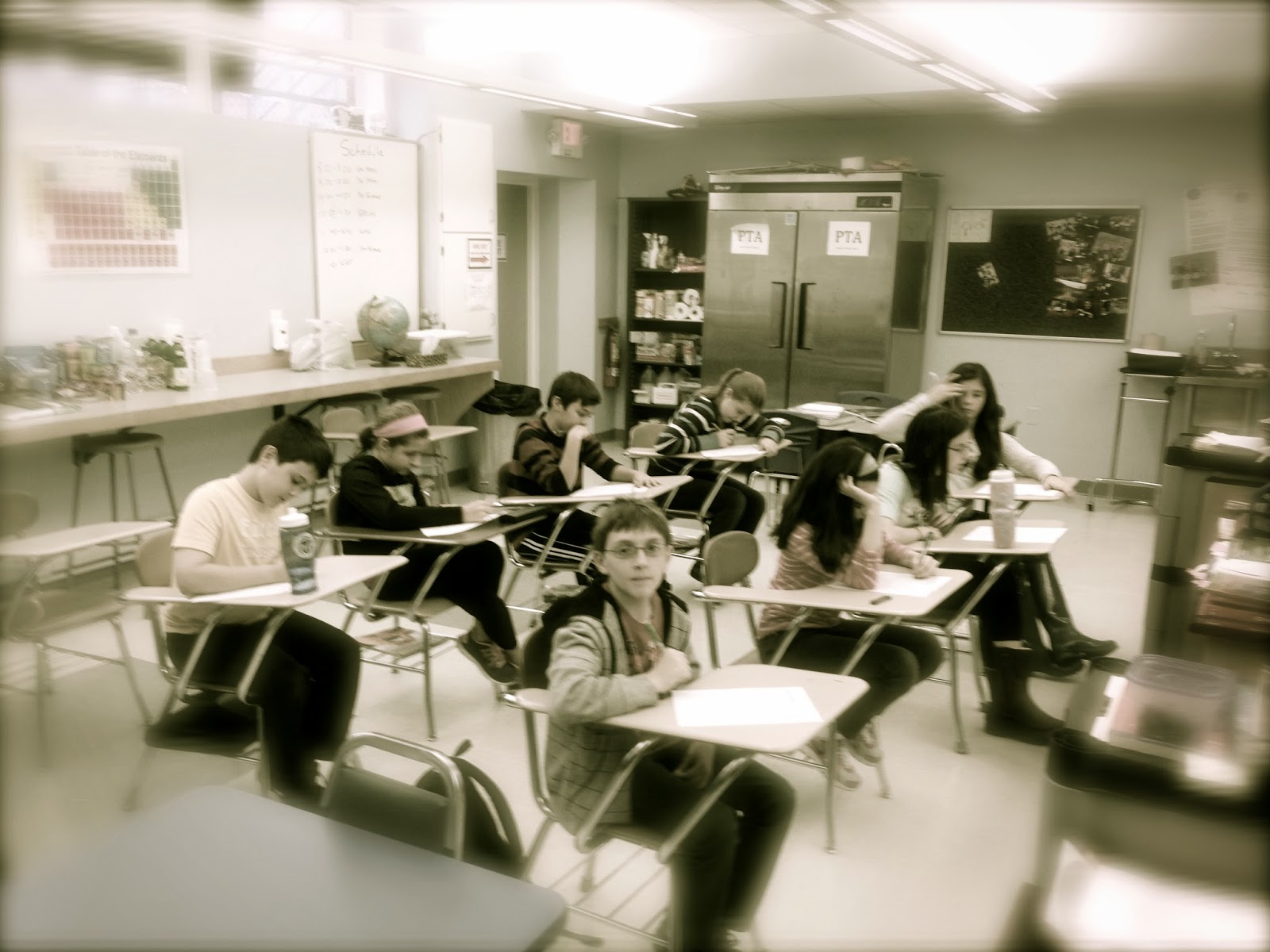My sixth grade math class has developed an interesting pattern - and it’s as predictable as the sun coming up tomorrow.
Whenever I show them something new, they freak out.
For example, we did a unit on finding the greatest common factor (GCF) earlier this year.
There are two methods: the comparison method, where you list all the factors of a number; and the prime factorization method, where you find all the prime factors and then multiply them together to find the greatest common factor.
All the students were very comfortable with the comparison method because for small numbers it’s really easy. Suppose I want the GCF of 16 and 24?
First, I list all the factors of 16: 1x16, 2x8, 4x4.
Second, I list all the factors of 24: 1x24, 2x12, 3x8, 4x6.
It’s easy and you can do it in your head. As you can see, the largest factor they have in common is 8 - done.
But, what if I needed the greatest common factors of 256 and 480?
It’s going be a ridiculous amount of work to figure out all the factors of those two numbers and the odds are you’re going to miss a few.
That’s why we have the prime factorization method - with this method, you can solve the problem in about a minute.
So whenever I introduce something new, I’ve noticed the 6th grade goes through a six-step process:
Denial and Isolation - First they don’t understand it all. I hear comments like, “I’m so confuuuuuused,” or “I’m completely lost.” It’s understandable. They intuitively know how to solve some problems based on the methods they’ve learned in the past and now I’m turning their world on its ear and showing them something they don’t get - yet. With this example, we have to learn what prime numbers are and what they can do for us.
Anger - As we progress, they’re still pretty lost and really don’t like the feeling at all. They start to get mad. They are resistant to change. They don’t want to learn the new method. They’d rather do it the old way even if it takes two weeks to solve a simple problem.
Bargaining - Then the quiz/test questions start. “Is this going to be on the quiz?” or “Does it matter what method we use on the test?” At this point, some of them are understanding the new method but are still not liking it - others are still lost in the woods.
Depression - The students who still don’t have a grasp on the material sink into a depression. “I’m never going to get this,” they mutter. “I’m going to fail this test soooooo bad.” At this point, they can all perform the new method at the board with some prompting but it’s not second nature to them. Practice, practice, practice. We keep going over it again and again. The students who understand are helping the ones who are still shaky.
Acceptance - Finally, everyone’s on board. After about 5 million practice problems, I’ve managed to drill the information into their heads for keeps. Now that they know what to do, when to do it and how to do it, they begin to like the newer method. In the example of the GCF, they see how awkward the comparison method is for solving most problems and actually prefer the prime factorization method.
Embracement - They’ve got it. They’re ready. Now it’s quiz time. They want to do the new method to show me that they’ve learned it. They see the fun in doing the work with a more complex method - a method they’ve mastered. The comparison method is kicked to the curb - they’re all about prime factorization now.
And that’s how the process goes. Unit after unit, chapter after chapter.
Next week, we start a new chapter....get ready for the freak out!














